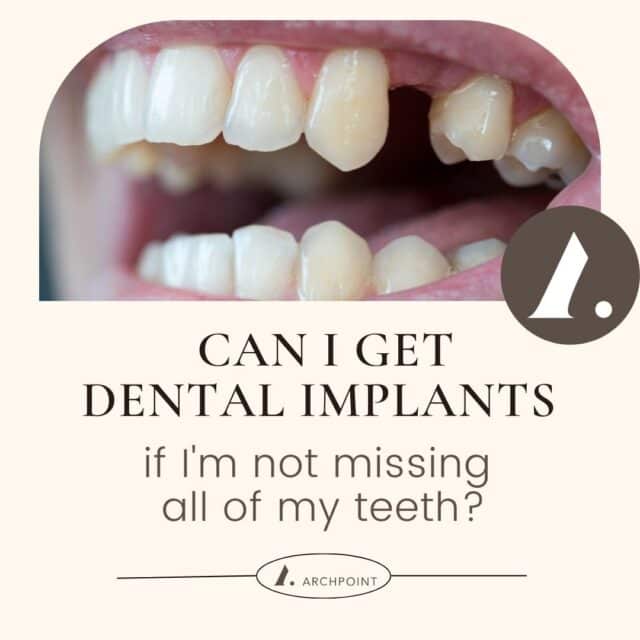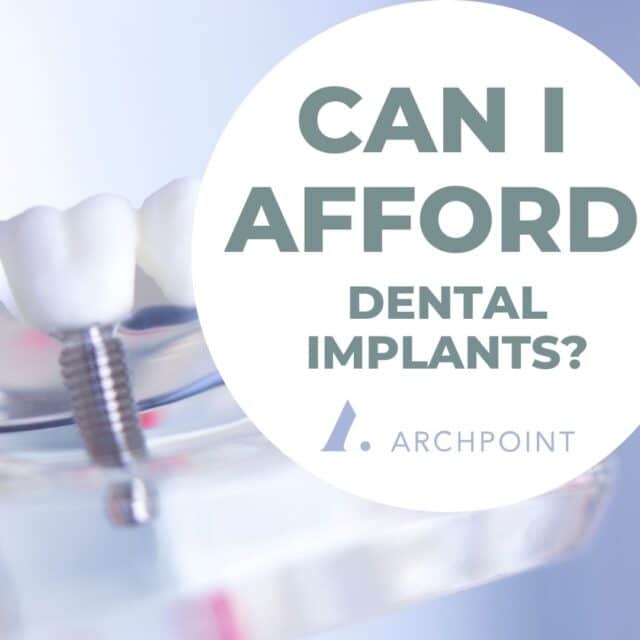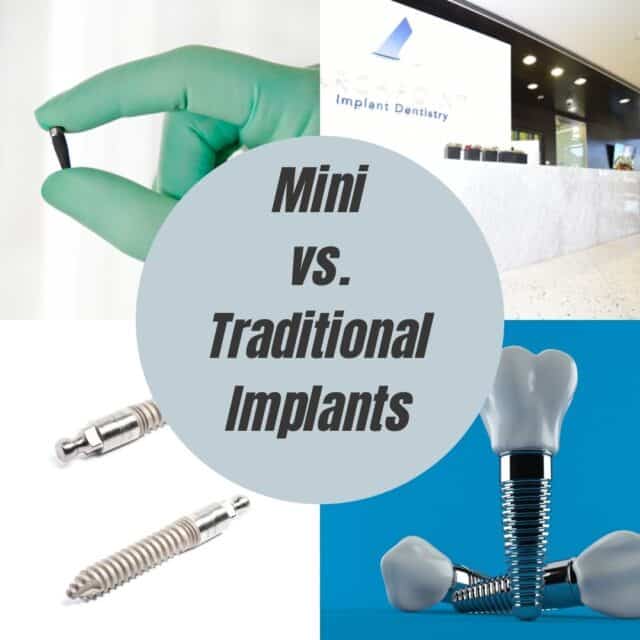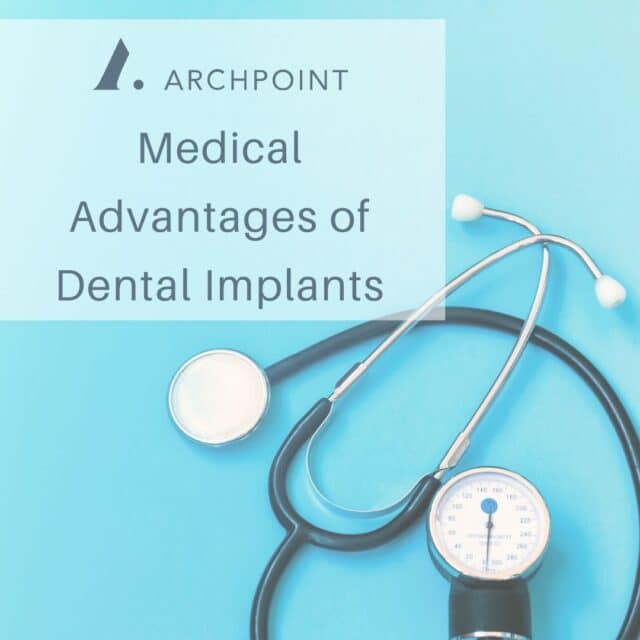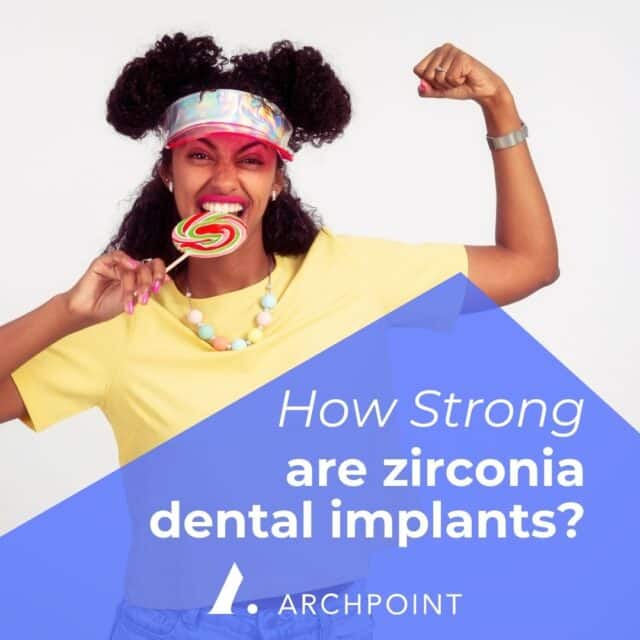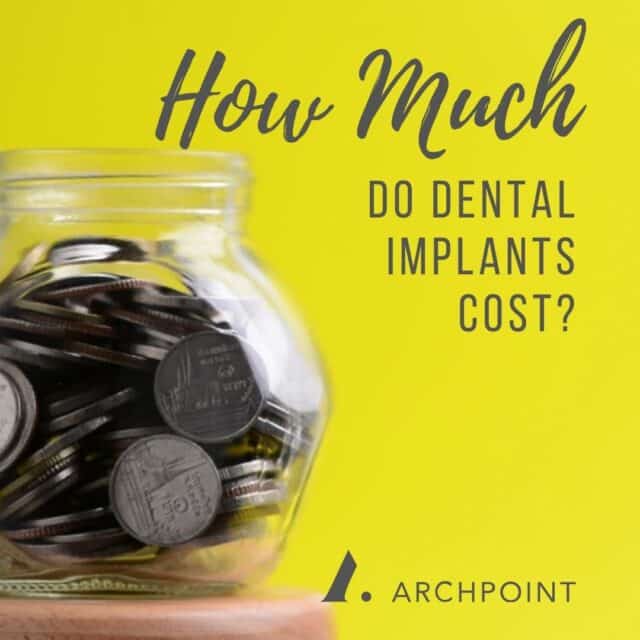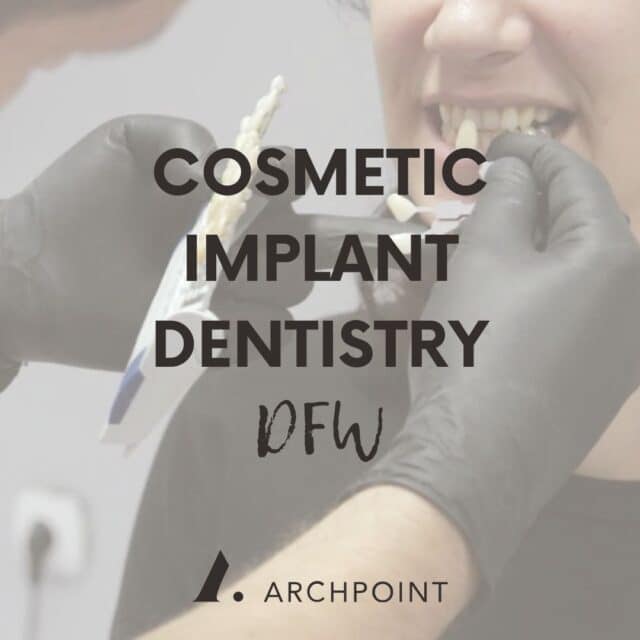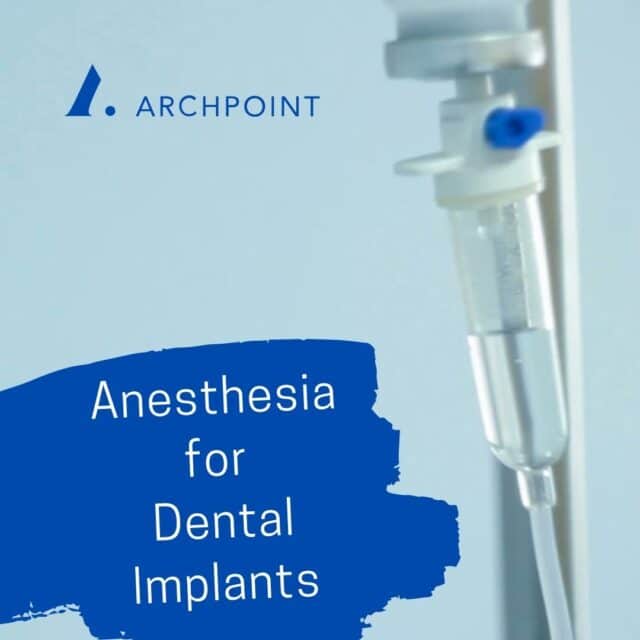Can you—or should you—get dental implants if you’re not missing all of your teeth? What if you’re only missing some of your teeth and need a permanent way to fill in the gaps between the teeth you still have?
Yes, full-arch implants such as All-on-4 and All-on-6 systems in DFW are extremely popular, but we’re here to tell you that you don’t have to replace all of your teeth if you don’t want to. You can safely choose to only replace missing teeth and leave your healthy ones intact.
Only Replace Missing Teeth
You typically have two choices if you only need to replace a few teeth:
Individual Dental Implant with a Crown—For a single missing tooth, an implant and crown is the perfect choice. You’re essentially getting an artificial tooth with a biocompatible root and everything!
Pair of Implants Supporting a Dental Bridge—When there are a few missing teeth in a row, we can place an implant on either side of the gap and anchor a multi-tooth bridge on top of them. Implant bridges typically fill in up to 3-4 teeth at a time.
Should You “Just Pull Them All and Get Dentures”?!
Very rarely do we ever suggest pulling healthy teeth to install dental implants. The standard of care is to only replace the teeth that are missing and preserve the healthy ones you still have. One of the most common mistakes people make is having all of their teeth extracted to get a set of dentures. The thought is that it will be a final fix-all for all of their dental woes. What they find out, unfortunately, is that transitioning to a pair of large removable dentures isn’t as good as it sounds. Removable “plate” style dentures just don’t function or feel as comfortable as eating with natural teeth. This is why we recommend only pulling the teeth that are really damaged, as opposed to all of them.
Performing therapeutic extractions on non-restorable teeth helps you maintain a proper balance of oral function and bone health. Once the problematic teeth are removed, we can place dental implants in those locations only. We don’t have to do anything to the healthy teeth you still have. In fact, when you smile, talk, or eat, you ideally won’t be able to tell any difference between your dental implants and the natural teeth you decided to keep.
Deciding if You Need to Extract Additional Teeth
What are some of the reasons why people decide to have their teeth pulled? Usually, it boils down to frustration because of chronic dental problems, toothaches, or just plain embarrassment because of how their smile looks. The best dental implant dentist will help you decide tooth-by-tooth which teeth are ideal for preserving and which ones may be better to replace with implants. Otherwise, we’ll want to leave all of your healthy teeth and only replace the ones that are already missing.
Preserving the Healthy Teeth You Still Have
As a general rule of thumb, the best implant dentists will want to help you preserve any healthy natural teeth you still have. Although implants are amazing, anatomical teeth are still always going to be best. The key lies in deciding if a tooth is healthy enough to risk preserving it, or whether a therapeutic dental extraction is the better alternative.
The most important thing is determining if your tooth still has stable bone to support it. From there, is the tooth structurally sound? As in, are there any large cracks to where you need a crown? Is there enough enamel left to repair the tooth, or would it break down if you bite on it? If the nerve is involved, would a root canal prove beneficial? Each of these restorative options can help you retain a natural tooth for years, or decades even, when maintained properly. And in turn, you wouldn’t need to get dental implants to replace those teeth.
Setting a Long-Term Goal for Missing Teeth
If some of your teeth are what we might call “at-risk”, you could consider having them removed and replaced with dental implants. But only if we think the long-term outlook doesn’t seem very good. Otherwise, the best solution would be to keep them and only get implants for the teeth that are already missing. Especially if you’re committed to great home care and regular dental checkups.
Advantages of Dental Implants if You’re Not Missing All of Your Teeth
Unlike a lot of other conventional tooth replacements, dental implants are the only ones to not negatively impact your healthy adjacent teeth. Take partial dentures for example. A partial uses clasps to help hold it in place. These extensions act like small levers pushing against the teeth that help secure them. Over time, it can damage and weaken the adjacent teeth, putting you at a greater risk of additional tooth loss.
Bridges are another perfect example. For a traditional bridge to be installed, dentists have to cut down the healthy enamel on the teeth that are going to support your restoration. Yes, you’re replacing the tooth between them, but you’re also compromising the integrity of the healthy teeth on either side.
With dental implants, you don’t have to worry about any of these problems. The implants stand independently alongside your other teeth, strengthening the bone in that space and helping everything stay aligned. They’re considerably “healthier” for your mouth when you need to replace missing teeth.
Working With an Experienced Dental Implant Team
ARCHPOINT approaches every patient’s missing teeth case uniquely. Your oral health, bone anatomy, and dental history are different than everyone else around you. It’s even different than what your parents or grandparents had to go through because chances are, you may have more dental resources than they did growing up.
When you visit ARCHPOINT for a no-obligation dental implant consultation, we’ll walk you through your options to discuss which smile treatments are best for your lifestyle. Including placing individual or pairs of implants if you’re not missing all of your teeth.
Do you have missing teeth? Contact our DFW implant specialists today to reserve a no-fuss appointment!
